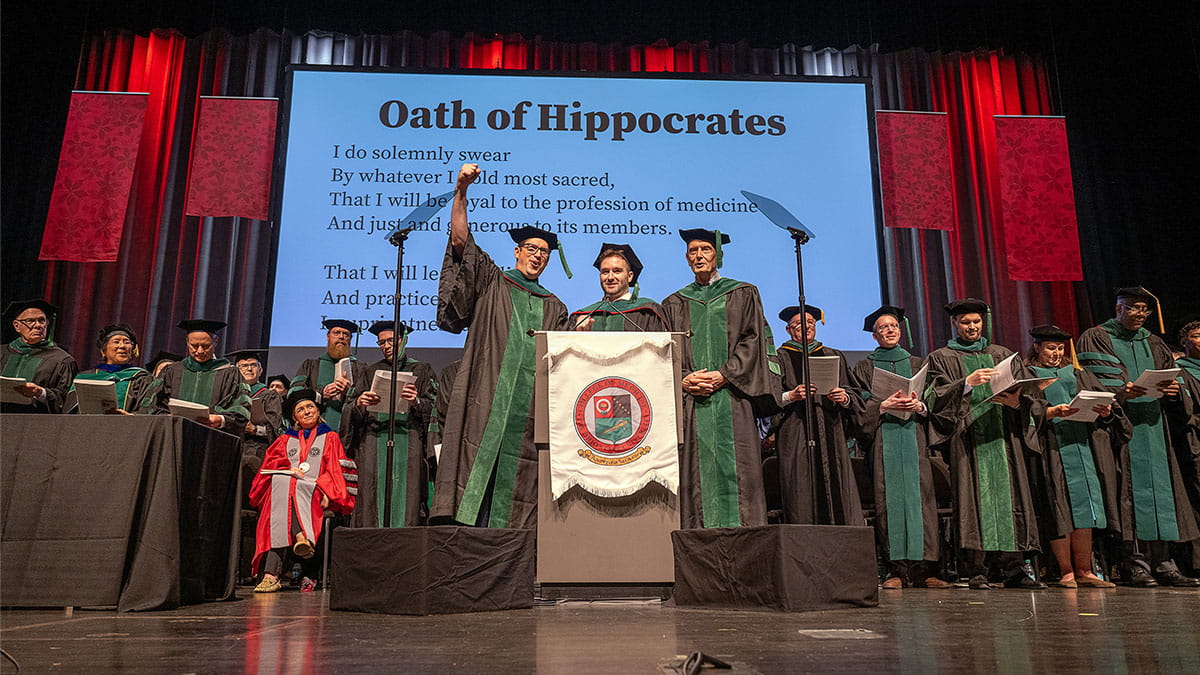Explaining the link between good gut bacteria and rheumatoid arthritis

Study with mice, human data shows microbes manipulate gut lining immunity to promote autoimmune arthritis
After spending years tracing the origin and migration pattern of an unusual type of immune cell in mice, researchers have shown in a new study how activity of “good” microbes in the gut is linked to rheumatoid arthritis and, potentially, other autoimmune diseases.
Scientists first reported in 2016 that specific gut microbes known as commensal bacteria, which cause no harm and often contribute to host health, set off production and release of a gut-originated T cell that drives up body-wide autoimmune disease in mice. Since then, the team has focused on explaining this unexpected twist in the typically harmonious relationship between these microbes and the body.
The gut is where the action begins, but the overall outcome can be attributed to T cells’ “plasticity” – their flexibility to respond to a changing environment, such as in our body’s barrier, the gut.
In this case, reprogrammed T helper cells adopt characteristics of a new T helper cell type while preserving some of their original traits, making them “super powerful and potent – and if you are dealing with autoimmune disease, that’s bad news,” said senior study author Hsin-Jung Joyce Wu, professor of internal medicine, division of rheumatology and immunology, at The Ohio State University College of Medicine.
“This is really the first time it’s been shown that T cell plasticity, which typically occurs in the gut, can have this dramatic impact outside the gut with systemic impact on autoimmune disease.”
The findings likely have relevance to human patients, Wu said: Many of the gene expressions detected in these abnormal cells in mice also exist in the same cells in people with rheumatoid arthritis. Read more.



